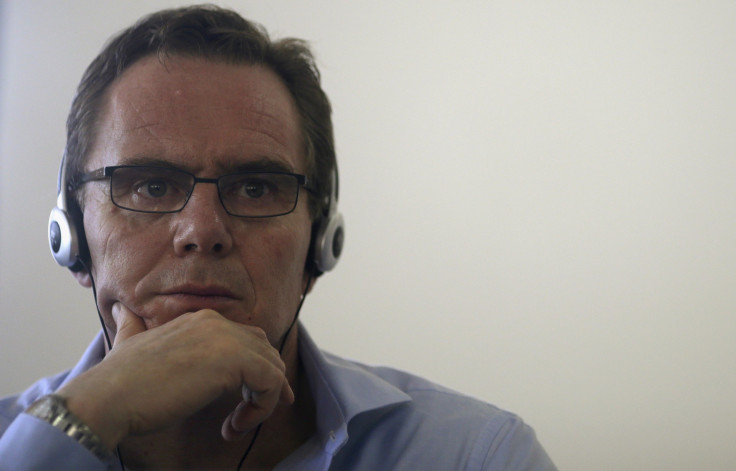BHP Billiton to take AU$10.5 billion write down on its US shale assets: Plunging oil prices cited

Mining major BHP Billiton has announced that it would write off US$7.2 billion (AU$10.5 billion) from the value of its US shale assets, as a result of the falling oil and gas prices.
For BHP, this will be a third impairment in a series. Entering the US shale business in 2011, BHP spent US$20.6 billion (AU$30 billion) in shale operations, including the debts from two acquisitions when oil and gas prices were at a high.
“Oil and gas markets have been significantly weaker than the industry expected,” BHP Chief Executive Andrew Mackenzie said in a statement.
“While we have made significant progress, the dramatic fall in prices has led to the disappointing write down announced today,” Mackenzie said.
Fiscal steps
After watching the collapsing oil prices, BHP had been taking steps to reduce its exposure in the shale business. It sharply cut operating costs and capital spending on the US onshore oil operations and slashed the number of rigs to five from 26, reports Reuters.
BHP had previous write downs in 2012 (US$2.8 billion) and another US$2.8 billion write off in 2015 to handle the sliding oil prices and effects of a lower quality field that was acquired .
As a result of the write downs, the carrying value of the business will be down to about US$12 billion (AU$17.49), excluding the deferred tax liabilities of about US$4 billion (AU$5.83 billion).
According to many fund managers, the write-downs are no surprise as the market was valuing BHP's shale assets in a range below AU$17 billion.
“Given that gap in value, there is an expectation there will be further ongoing write downs of the value of these assets,” commented Ben Lyons, a portfolio manager at ATI Asset Management.
Citi upgrades BHP
Meanwhile, there was some good news for BHP after Citi group upgraded BHP to a "buy" status in its rating and replaced Rio Tinto as the preferred big miner.
The preference for BHP came despite Brent oil prices was going to a super low of US$30 (AU$43) per barrel and iron ore prices nose-dived to US$40 per ton (AU$58.31), reports The Sydney Morning Herald.
“We switch to preferring BHP over Rio given our bearish iron ore view and 20 per cent underperformance over the last 6 months,” the Citibank said in a statement.






